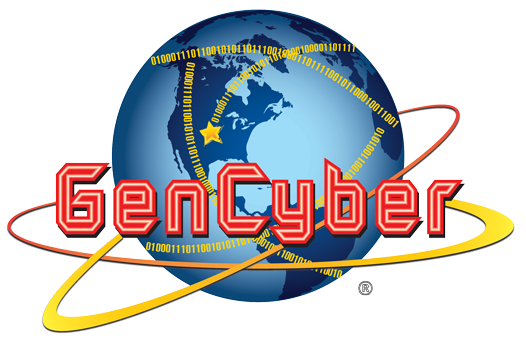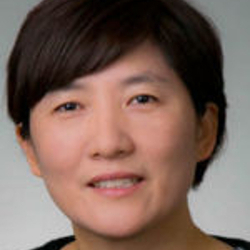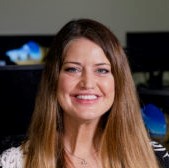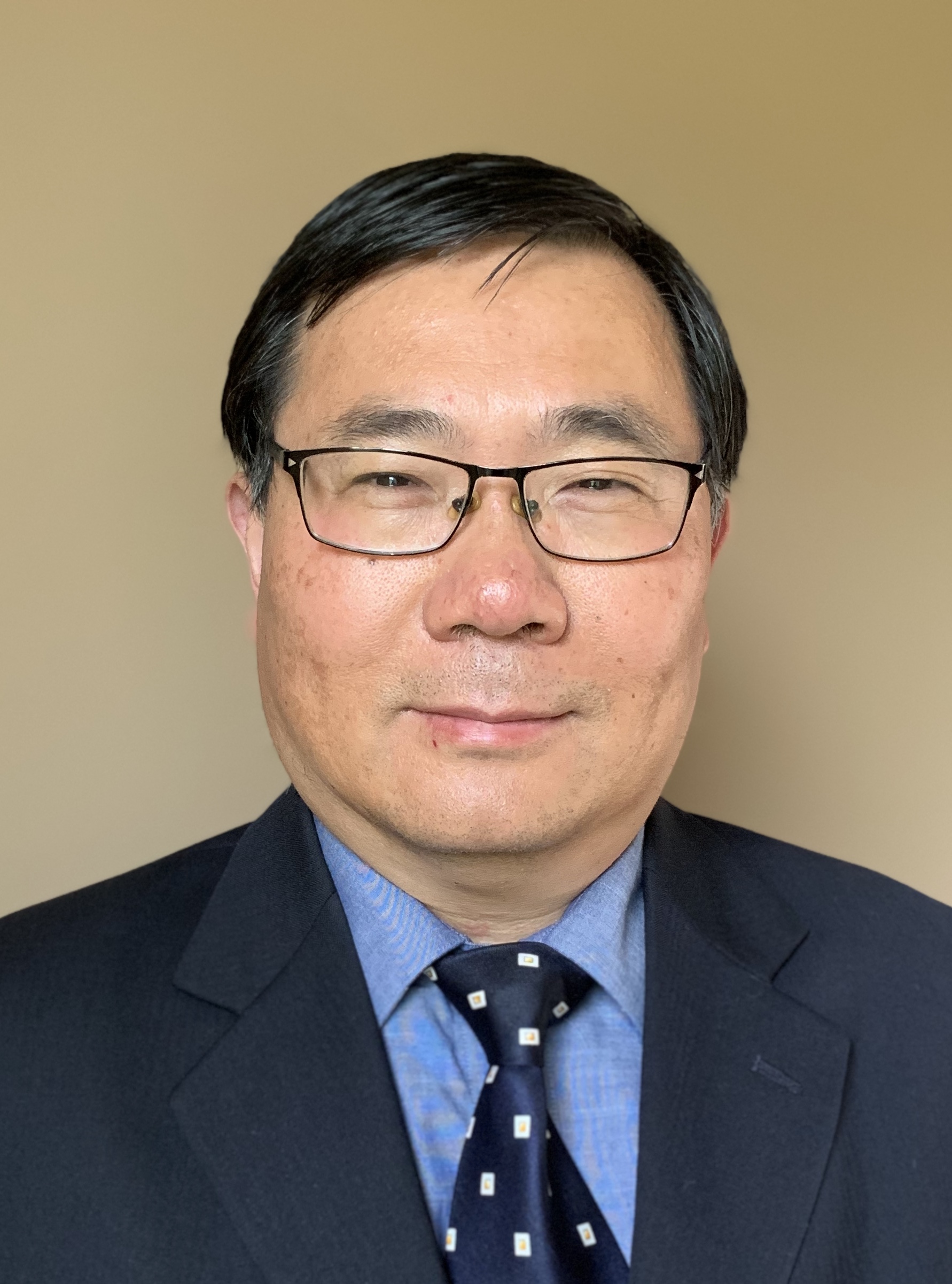 Sponsored by the National Security Agency's (NSA) GenCyber program, we offer a one-week nonresidential summer camp for rising students in Grades 9–12 to explore the field of cybersecurity through classroom instruction and lab activities. Cybersecurity is an exciting career prospect and a great opportunity to stay engaged and challenged. Join us to learn about cybersecurity concepts, ethical hacking, digital forensics and ethics, and more!
Sponsored by the National Security Agency's (NSA) GenCyber program, we offer a one-week nonresidential summer camp for rising students in Grades 9–12 to explore the field of cybersecurity through classroom instruction and lab activities. Cybersecurity is an exciting career prospect and a great opportunity to stay engaged and challenged. Join us to learn about cybersecurity concepts, ethical hacking, digital forensics and ethics, and more!
2025 Cybersecurity Camp for High School Students
Dates
- July 21–25, 2025
Who can attend?
- Rising ninth–12th graders
- No previous cybersecurity experience or knowledge is required
Cost of attendance
- Attendance is free
- We provide complimentary breakfast, lunch and parking
- This is a nonresidential camp — no housing provided
Zoom info sessions
We will host two 30-minute information sessions before camp starts.
Locations
- Classroom - Miller Nichols Library and Learning Center, Room 452 (MNLC 452)
- Breakfast and lunch - Plaster Center 104 (P104)
Parking
We suggest you park in the Rockhill parking garage (52nd and Charlotte streets) on the morning of the first day of camp. You will receive your parking pass during check-in, so after breakfast you can place the pass in your car.
Camp topics (subject to minor changes)
- Days 1 and 2 - Cybersecurity concepts, Internet safety, ethics, laws, cryptography and password security
- Day 3 - Steganography, Google hacking, network scanning and scripting
- Days 4 and 5 - Blockchain, Deepfakes, Minecraft programming, game building and competition
Schedule
8:20 a.m.-8:55 a.m. Breakfast and check-in (Plaster Center, Room 104)
9 a.m.-12:20 p.m. Morning sessions (MNLC 452)
12:20 p.m.-1:20 p.m. Lunch (Plaster Center, Room 104
1:25 p.m.-4:45 p.m. Afternoon sessions (MNLC 452)
4:45 p.m.-4:50 p.m. Wrap-up and checkout (MNLC 452)
Morning and afternoon sessions include four, 45-minute sessions with a five- or 10-minute break between each session. Each session consists of a short lecture, a group discussion or hands-on lab, and a review.
Health and Safety
Camp safety is our highest priority. All camp activities will take place in Plaster Center 104 and Miller Nichols Library and Learning Center, Room 452, on the Volker campus. Students should not leave these buildings without approval from the camp staff.
The University of Missouri System requires that all camp staff, including faculty, teachers, and graduate assistants, pass the background check and training course for working with youth under age 18.
Questions?
Contact program director Dianxiang Xu.
Camp Staff
Program Director
Dianxiang Xu, Ph.D., is a professor of computer science at UMKC. His areas of expertise include cybersecurity, software engineering and data analytics. He has published more than 150 peer-reviewed journal and conference papers. He has offered summer programs for high school teachers and students to gain research experiences in cybersecurity.
 Lead Instructor
Lead Instructor
YugYung Lee, Ph.D., is a professor of computer science, associate department chair and co-director of NSF IUCRC Center for Big Learning. Her research interests include cybersecurity, artificial intelligence and big data analytics. She has published over 130 refereed papers and led numerous projects funded by NSF, NIH, IBM, etc. She has won the N.T. Veatch Award for Distinguished Research and Creative Activity in 2016, the IBM Smarter Planet Faculty Innovation Award and Google’s CS4HS Faculty Award in 2015. She has organized many STEM programs to provide access and opportunity for K-12 students and teachers. Examples include an AI workshop for 15 De La Salle high school students in 2019 and a one-week programming workshop for 20 high school students in 2013. Recently, she received the 2019 STEMMy Award by the Central Exchange Women in STEM initiative.
 K-12 Pedagogical Expert
K-12 Pedagogical Expert
Deanna Soukup is a computer science teacher at Lee’s Summit West High School in Lee’s Summit, Missouri. She has been teaching STEM classes for 21 years and has taught high school Computer Science courses for the past 7 years, including PLTW Computer Science Essentials, AP Computer Science Principles, AP Computer Science A and Computer Hardware and Operating Systems I and II. She sponsors the Lee’s Summit Girls Who Code club for all girls in Grades 3-12 in the Lee’s Summit School District, and she also sponsors the Lee’s Summit West Coding Club. She was recently recognized by the National Center for Women and Information Technology with the Aspirations in Computing Educator Award. She earned a master‘s degree in instructional and learning technologies and a bachelor’s degree in education.

